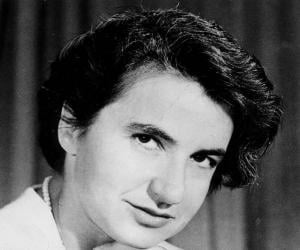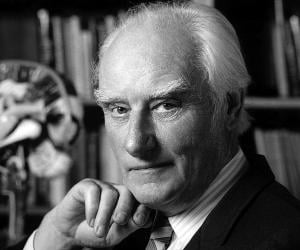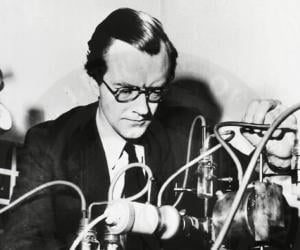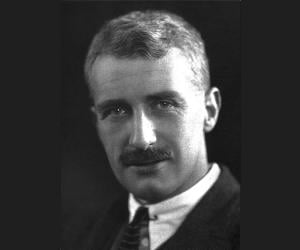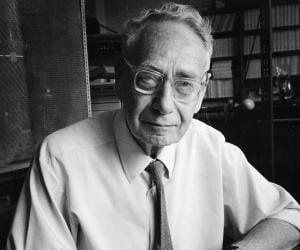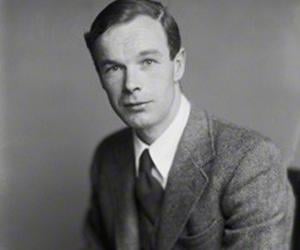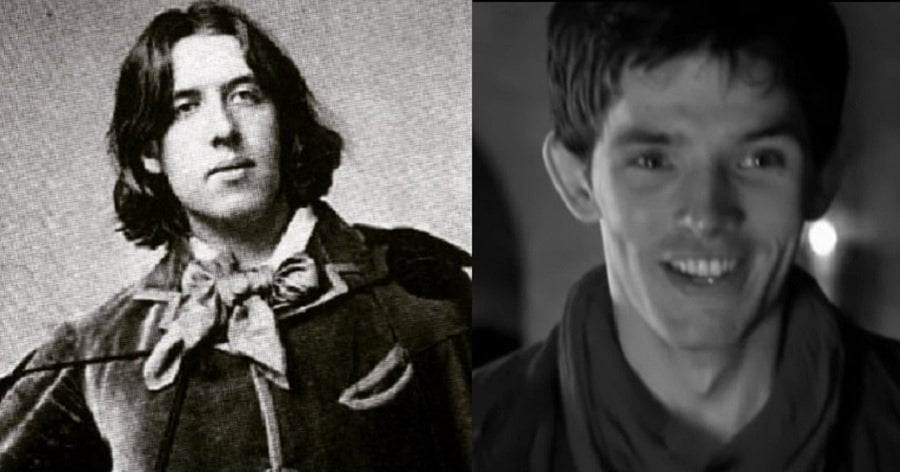Nobel Prize-winning British biophysicist Francis Crick is best known for his ground-breaking work to determine the structure of the DNA, along with James Watson, Maurice Wilkins, and Rosalind Franklin. He taught at various institutes, such as the Salk Institute, and was also awarded the Order of Merit.
Born in New Zealand, to a doctor father from Dublin, Maurice grew up to be a Nobel Prize-winning biophysicist. His X-ray diffraction studies of DNA helped James D. Watson and Francis Crick, his fellow Nobel laureates, ascertain the DNA structure. He was also part of the Manhattan Project.

Nobel Prize-winning physiologist and biophysicist Archibald Hill is best remembered for his research on muscular heat production. The Cambridge alumnus also taught physiology at Manchester University and UCL, and was a research professor at the Royal Society. He was married to the sister of economist John Maynard Keynes.
Nobel Prize-winning German-born British physician Sir Bernard Katz is remembered for his research on nerves and muscles. The Carnegie fellowship winner had also been part of the Royal Australian Air Force during World War II. He was also knighted for his achievements and made a Fellow of the Royal Society.
Nobel Prize-winning biophysicist Alan Lloyd Hodgkin is remembered for his research on the chemical processes related to nerve impulses. As a child, he was also interested in ornithology. He also taught at Cambridge and was a research professor at the Royal Society. He was knighted for his achievements.
